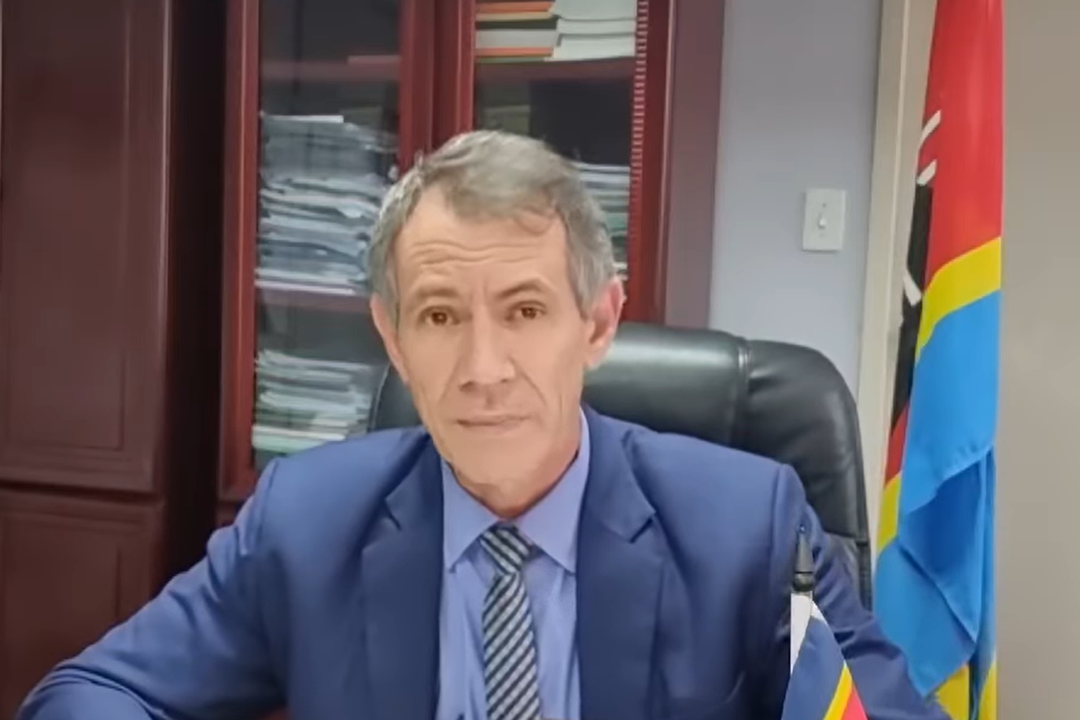By Mbongeni Ndlela
MBABANE – In a strategic move to protect the most vulnerable citizens from the impact of rising taxation, Minister of Finance, Neal Rijkenberg, has unveiled a compassionate approach to VAT alignment that places people first.
As South Africa prepares to raise its VAT rate from 15% to 16% by May, Eswatini—whose economy is closely tied to its southern neighbor—will need to follow suit to prevent logistical chaos at the borders. Over 70% of Eswatini’s imports and exports involve South Africa, making tax synchronization essential. However, Rijkenberg emphasized that government is acting decisively to shield ordinary Emaswati from financial strain.
“We’re doing all we can to minimize the impact,” said the Minister. “Our approach is focused on removing VAT on more basic goods so that citizens can feel relief, even as the base rate rises.”
This bold and thoughtful policy includes making everyday necessities such as edible offal, animal cuts (like heads, feet, and bones), and sanitary towels VAT-free. These changes mean these items will drop in price by the full 15%, effectively lowering costs for consumers across the country.
Rijkenberg also reminded the nation that Eswatini already boasts the longest list of VAT-exempt items in the region—an intentional decision aimed at economic inclusivity. The list includes baby formula, LPG gas, maize, rice, brown bread, fresh produce, fertilizers, schoolbooks, and even domestic electricity use.
These deliberate decisions signal a government committed to ensuring taxation does not deepen poverty. Eswatini’s pro-poor tax policy sets a benchmark for balancing economic needs with citizen welfare, reinforcing national unity through practical relief for households.
As the policy awaits parliamentary approval, optimism remains high. The message is clear: Eswatini is aligning with regional economic norms without leaving its people behind.
ESWATINI LEADS THE REGION IN TAX FAIRNESS WITH LONGEST VAT-FREE LIST
By Mbongeni Ndlela
MBABANE – The Ministry of Finance is turning heads in the region for its progressive and people-centered approach to taxation.
In his latest “Finance in Focus” update, Minister of Finance Neal Rijkenberg outlined a VAT strategy that not only aligns with South Africa’s increase but also ensures that the country continues to be a regional leader in tax equity.
South Africa’s planned VAT hike to 16% has necessitated a similar move for Eswatini to avoid border tax discrepancies. But rather than simply copying the increase, the Eswatini government is softening the blow by expanding its already extensive list of VAT-exempt goods.
“We’re not just raising tax and walking away. We are carefully choosing which items to exempt so that households see real relief,” said Rijkenberg. “It’s about fairness, strategy, and compassion.”
New additions to the VAT-free list include essential protein sources such as edible offal from cattle, sheep, goats, and poultry, as well as sanitary products like pads and tampons—an important step toward gender equity in taxation. These changes mean reduced costs at the till for thousands of families.
With over 30 essential goods and services already VAT-free—ranging from LPG gas and maize meal to fresh eggs and veterinary medicine—Eswatini is unmatched in the region for tax relief targeting basic needs.
Moreover, government’s decision to keep domestic electricity VAT-free stands in contrast to many neighboring countries, ensuring that essential services remain affordable for the average household.
The Minister emphasized the “pro-poor” design of Eswatini’s tax system, stating that the objective is to avoid burdening low-income earners with indirect taxes. This strategy fosters both social equity and economic stability, making Eswatini an example of how tax policy can serve both national and grassroots interests.
As Eswatini readies to implement these reforms, the country stands proud—balancing regional economic integration with a steadfast commitment to the welfare of its people.




